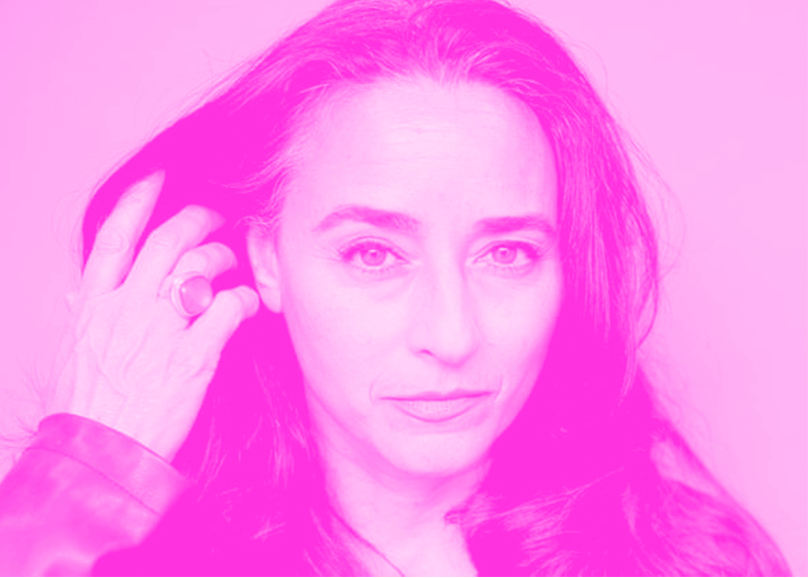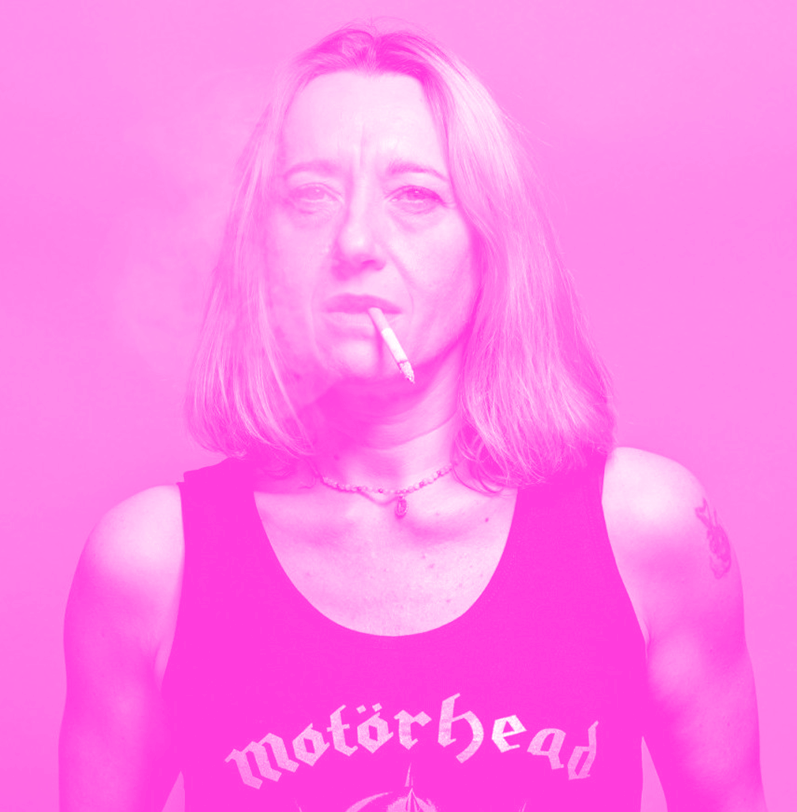
Soraya Chemaly
is an award-winning author and activist. She writes and speaks frequently on topics related to gender norms, inclusivity, social justice, free speech, sexualized violence, and technology. The former Executive Director of The Representation Project and Director and co-founder of the Women’s Media Center Speech Project, she has long been committed to expanding women’s civic and political participation.
Soraya is also the author of Rage Becomes Her: The Power of Women’s Anger, which was recognized as a Best Book of 2018 by the Washington Post, Fast Company, Psychology Today, and NPR and has been translated into multiple languages. She is a contributor to several anthologies, most recently Free Speech in the Digital Age and Believe Me: How Trusting Women Can Change The World. Soraya is also a co-producer of a WMC PSA highlighting the effects of online harassment on women in politics in America. Her work is featured widely in media, documentaries, books, and academic research. As an activist, Ms. Chemaly spearheaded successful campaigns challenging corporations to address online hate and harassment, restrictive content moderation and censorship, and institutional biases that affect free speech.

Sara Ahmed
is a British-Australian activist and scholar whose area of study includes the intersection of feminist theory, lesbian feminism, queer theory, critical race theory and postcolonialism. Ahmed rose to prominence in 2016 when she resigned from Goldsmiths, University of London, in protest against the institution’s failure to challenge endemic sexual harassment. She wrote about it on her blog Feminist Killjoys in a post that went viral.
Living a Feminist Life offers something halfway between the immediacy and punch of the blog and the multi-layered considerations of a scholarly essay; the result is one of the most politically engaged, complex and personal books on gender politics we have seen in a while. There is a certain polished, literary formality to its tone, balanced by an attempt to describe the personal feeling behind feminism itself – Ahmed describes feminist literature as “books written, tattered and worn, books that gave words to something, a feeling, a sense of an injustice, books that . . . gave us the strength to go on”. She does not presuppose any prior reading, but this is an intellectual work – Ahmed quotes Virginia Woolf, George Eliot, the poet Audre Lorde (extensively), Grimm’s fairy tales – as much as a product of testimony and political zeal: “I wanted to make a slow argument, to go over old ground, and to take my time”, Ahmed says; “academic language is one of my tools. But I also aim to keep my words as close to the world as I can”. The book’s bibliography is unusual in its racial diversity, informed as it is by the author’s life: “My own feminist story is entangled with other aspects of my biography; how could it not be; how messy life is”.

Virginie Despentes
is a French writer, novelist, and filmmaker. She is known for her work exploring gender, sexuality, and people who live in poverty or other marginalised conditionsis. Born into a working class family, she worked in a record shop and a peep-show. She was a prostitute and a punk, left home and gave up her studies at 17, fought with her parents, was admitted to a psychiatric hospital, was raped, and took as many drugs as she could get her hands on. She has never sought fame, but started to gain a following after her first novel, Baise-moi (1993, Florent Massot; made into a film that she directed in 2000, and published in English by Grove Press in 2003 with the title Rape Me), and it hasn’t stopped growing. Her success has been consolidated by King Kong Theory (Melusina, 2007), and the Vernon Subutex trilogy, now completed for Penguin Random House, who also published the last volume next month. Despite the awards and the fêting, Despentes hasn’t rested on her laurels or become or a spokesperson for power: in many ways, she is still the uncompromising “punk whore” of her riotous younger years.

Valerie Solanas
was an American radical feminist and author known for writing the SCUM Manifesto, which she self-published in 1967, and for her attempt to murder Andy Warhol in 1968 with a gun.
Solanas had a turbulent childhood, in which she reportedly suffered regular sexual abuse from her father and had a volatile relationship with her mother and stepfather after her parents' divorce. She was sent to live with her grandparents but ran away after being physically abused by her alcoholic grandfather. Solanas came out as a lesbian in the 1950s. After graduating with a degree in psychology from the University of Maryland, College Park, Solanas relocated to Berkeley, California, where she began writing her most notable work, the SCUM Manifesto, which urged women to "overthrow the government, eliminate the money system, institute complete automation and eliminate the male sex."